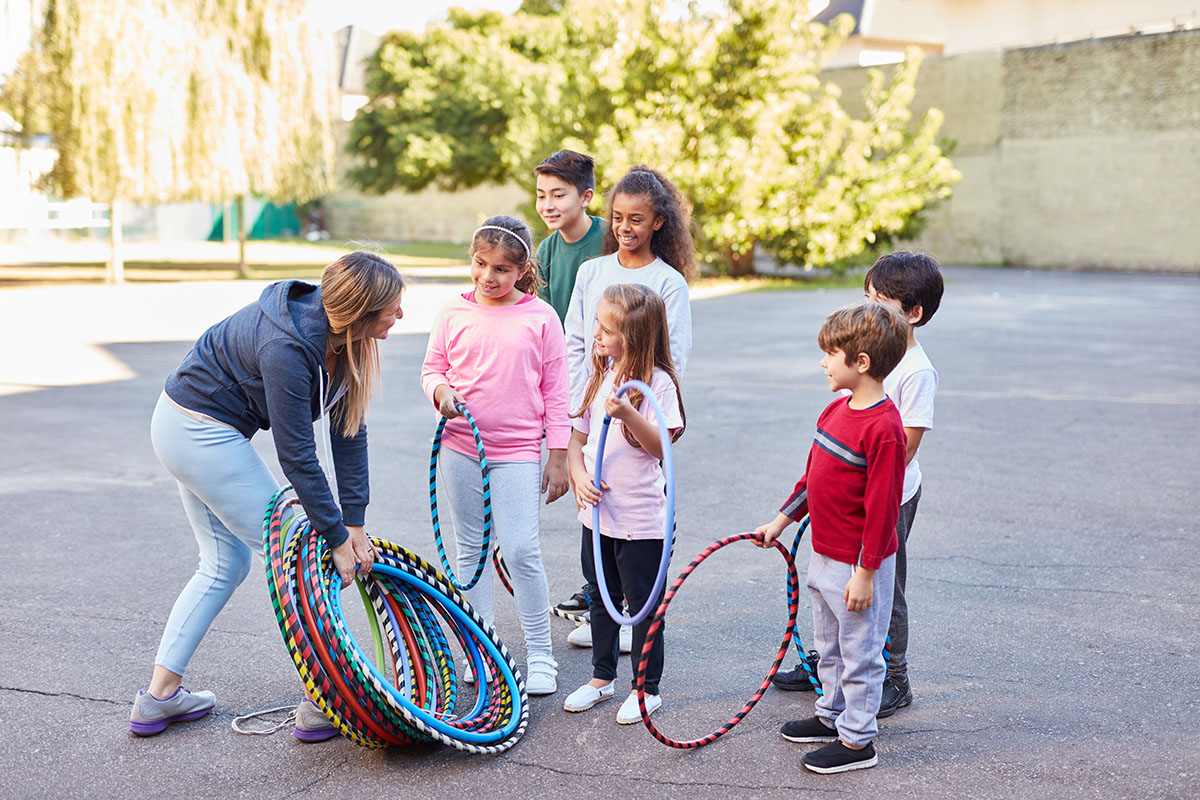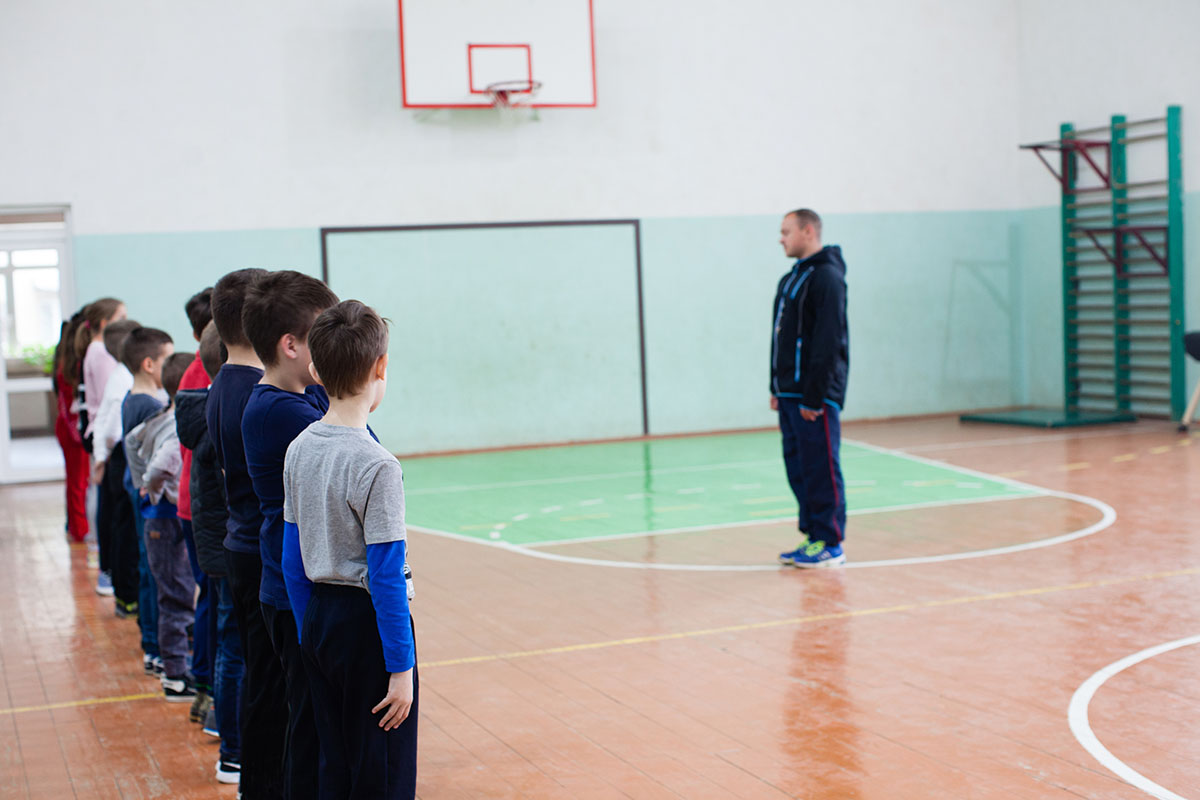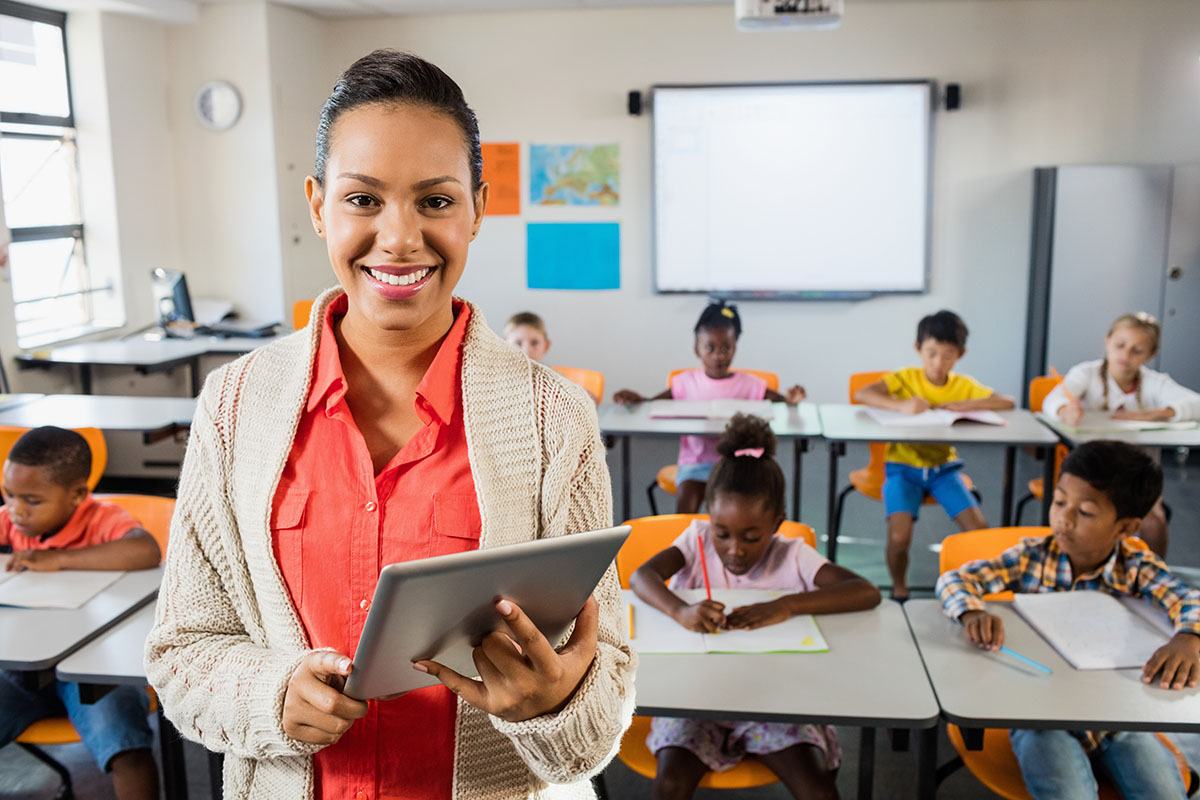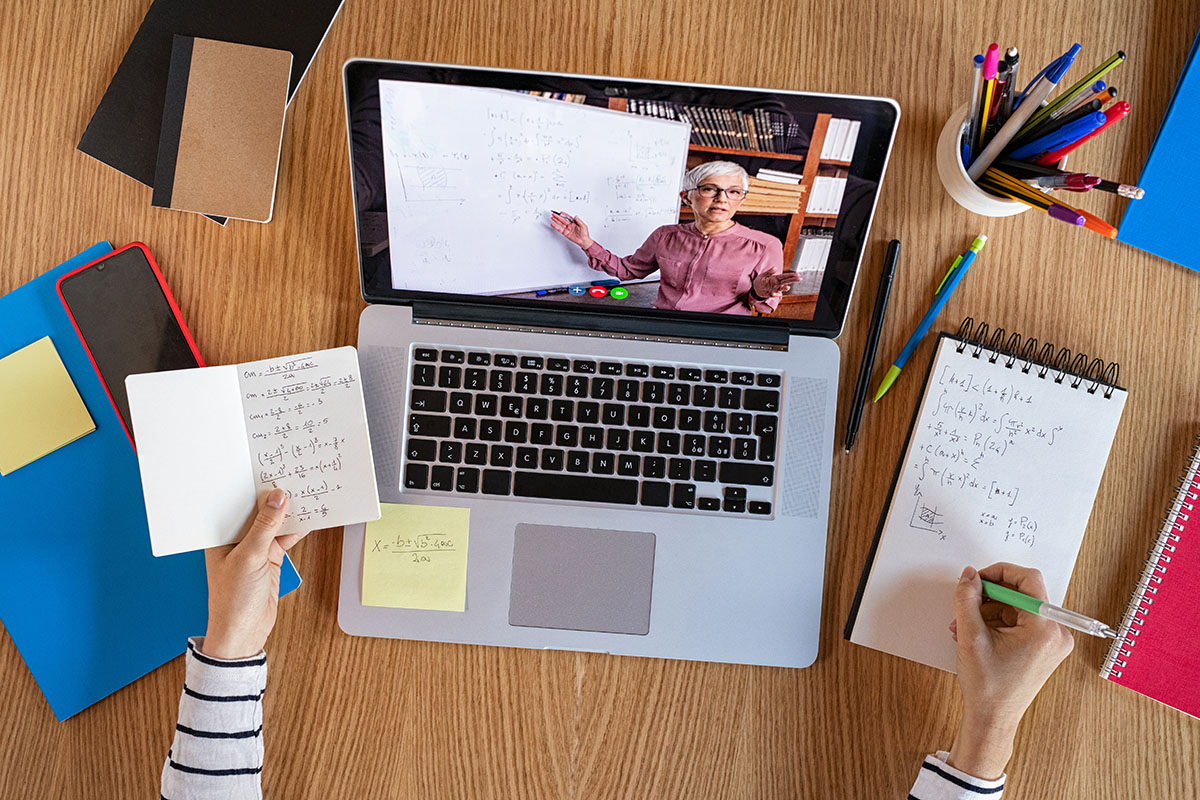What is COP26?
With climate change in the headlines daily, it has been impossible to miss the news coverage of the COP26 conference held in Glasgow from 31st October. Despite this being the 26th Conference of the Parties brought together by the United Nations to discuss climate change, it has only been this year that it has obtained so much attention in the media worldwide.
The UK government took a leading role in this year’s conference and the Department for Education (DfE) has been given the huge responsibility for fighting against climate change by educating young people.












